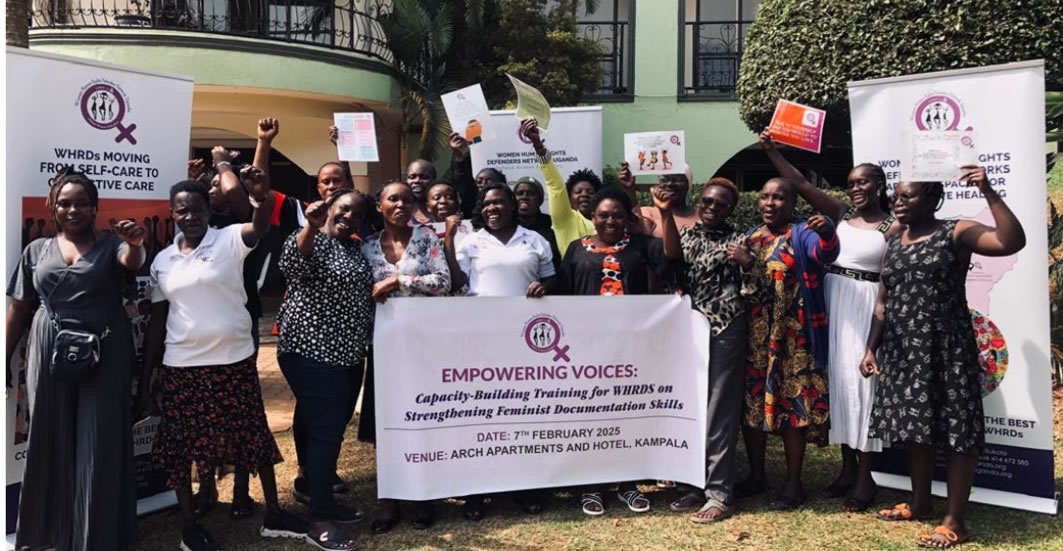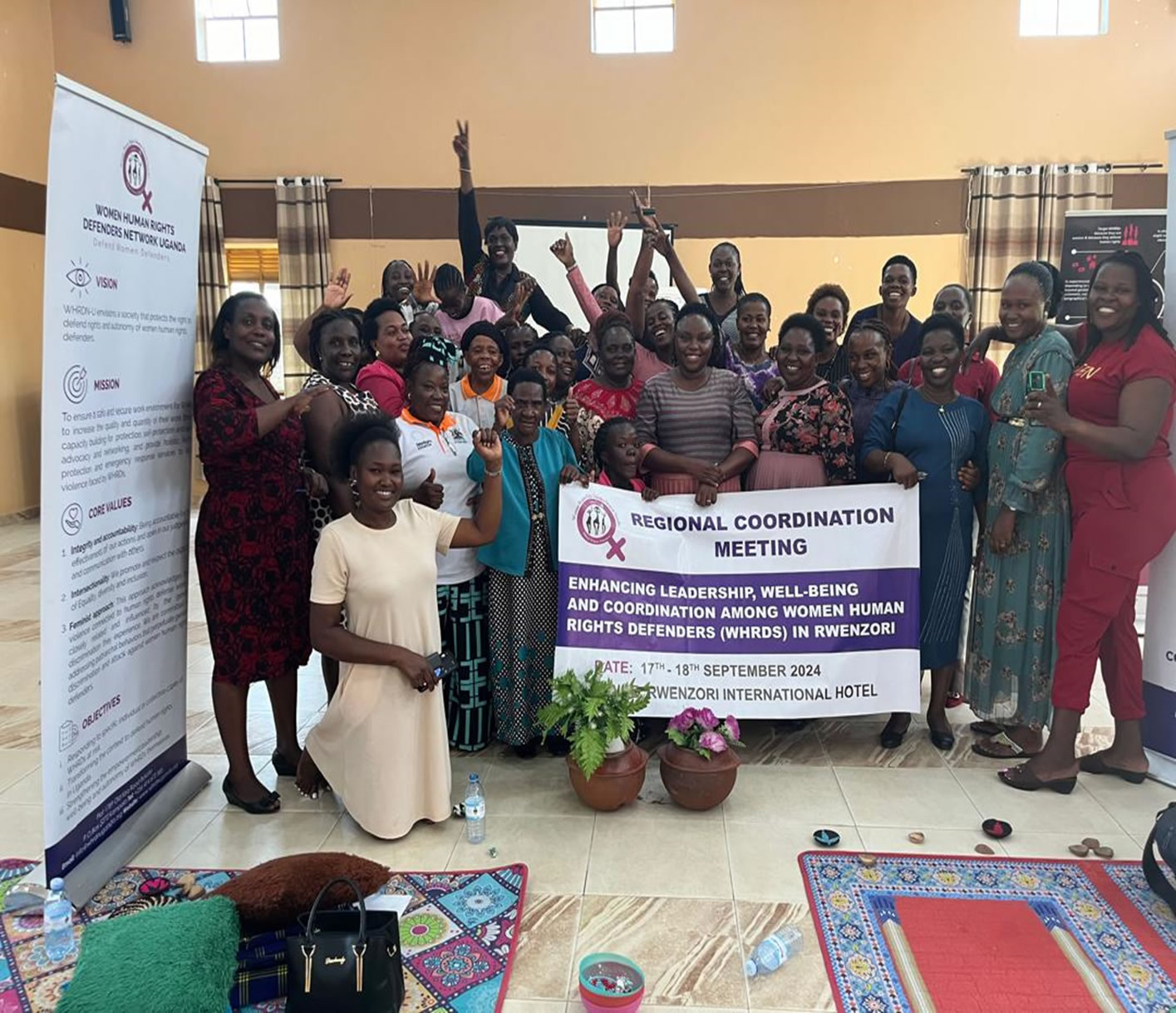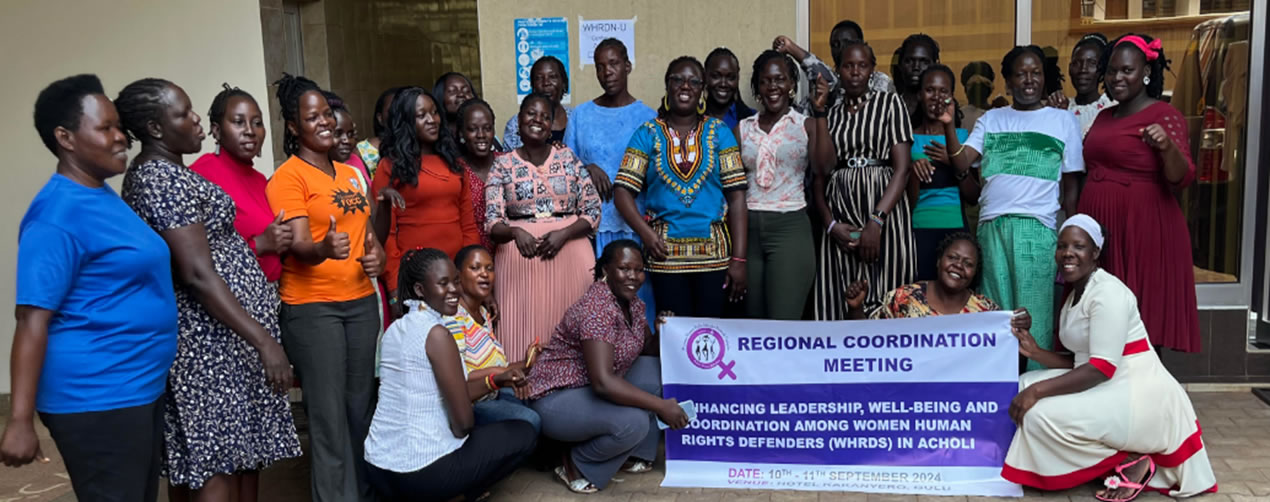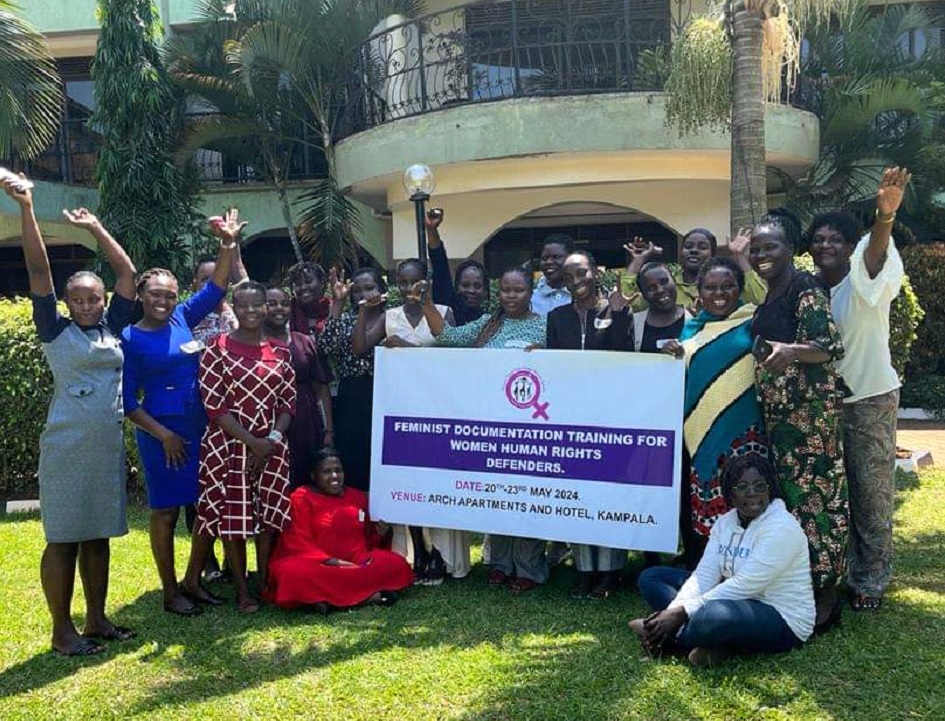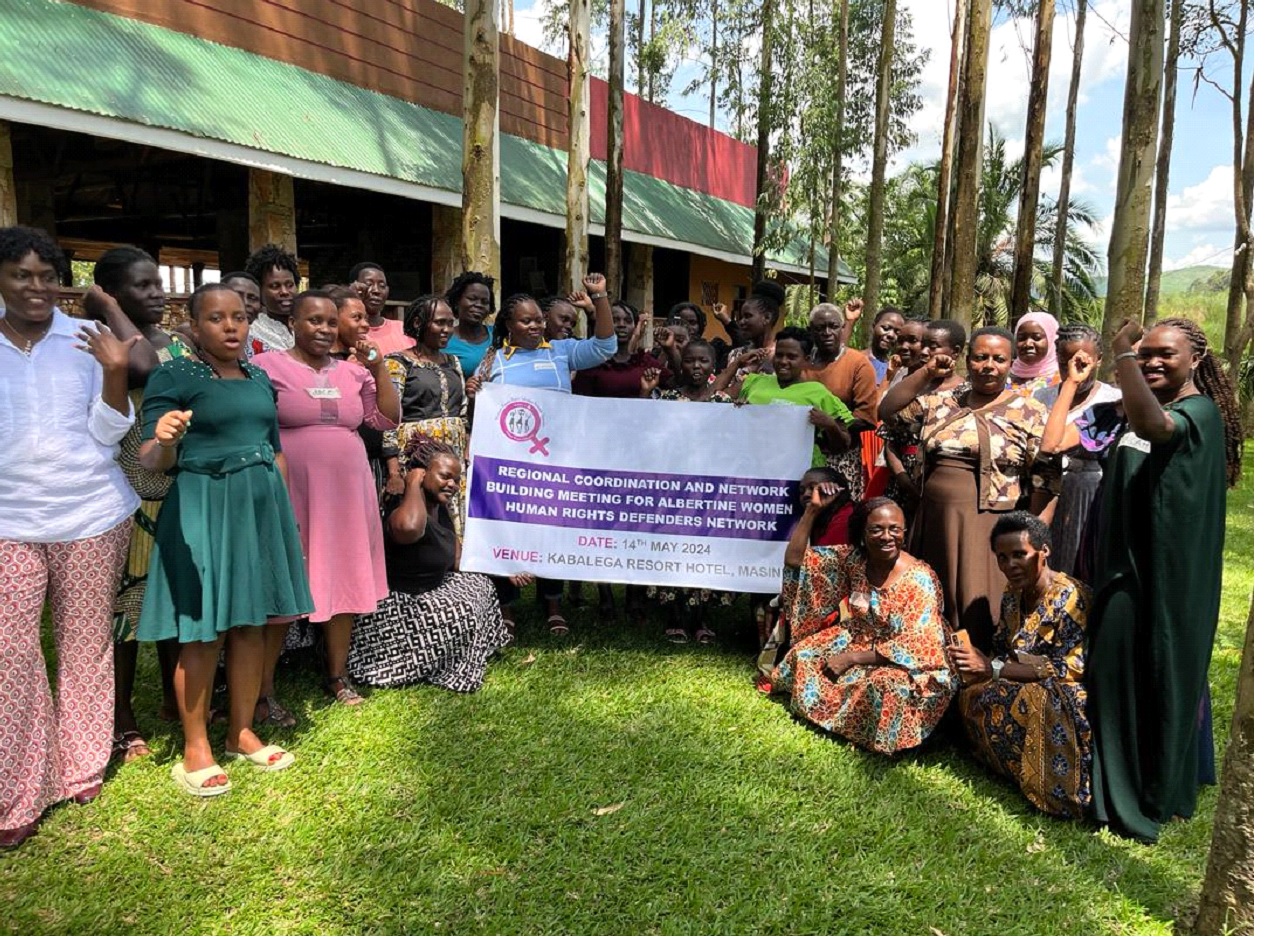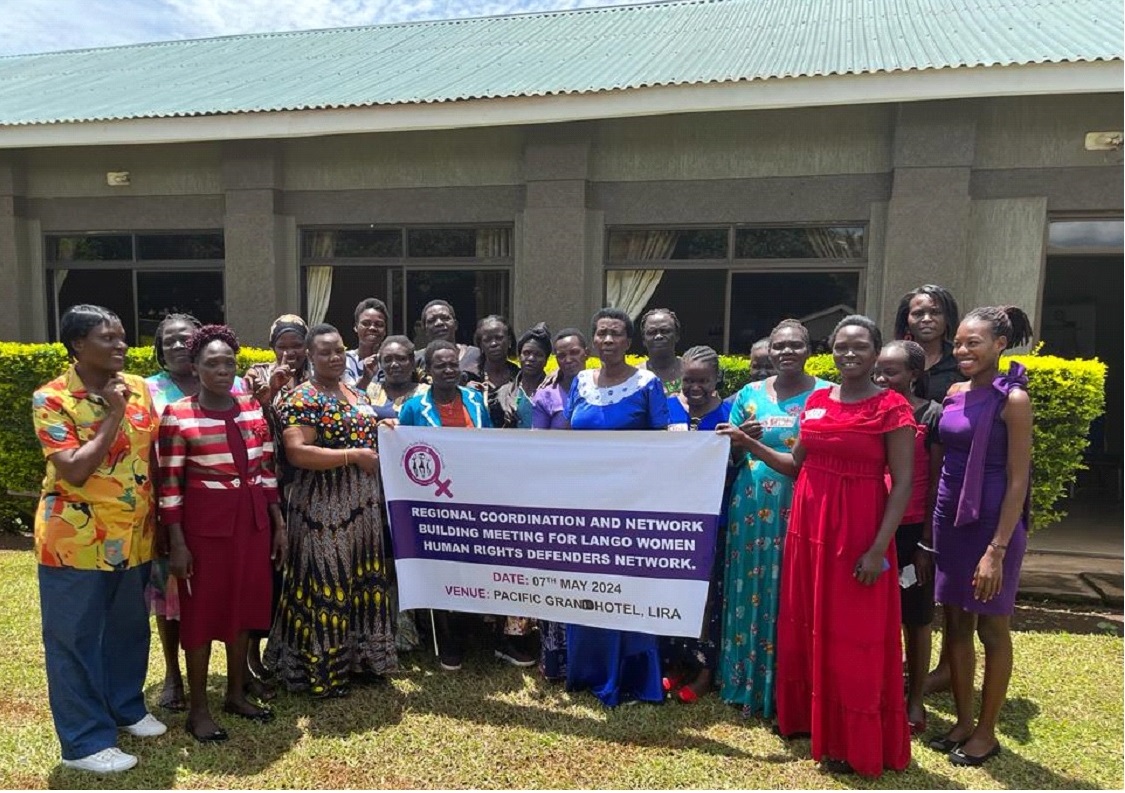Nineteen women human rights defenders (WHRDs) from different parts of Uganda came together for a special training on feminist documentation. The event was held at Arch Apartments and Hotel and was organized by the Women Human Rights Defenders Network Uganda (WHRDN-U). The training helped them learn how to record and report human rights violations, speak up for women’s rights, and protect themselves and others.
Why Recording Stories is Important

Brenda Kugonza, the leader of WHRDN-U, opened the training by saying that documenting human rights violations is not just about writing things down. She said it is about fighting for justice and protecting people. She praised some WHRDs for their hard work in following up on attacks and helping women in need.
Real-Life Stories from WHRDs

During the training, the WHRDs shared true stories about the challenges women face:
- Wagodo Harriet (Kaliro) talked about a girl with a disability who was raped by her brother-in-law. The girl became pregnant, and the man ran away instead of facing punishment.
- Beatrice (Kabarole) shared how widows are denied their rights to land, making life difficult for them.
- Tibakanya Robina (Hoima) explained how people living with HIV are struggling because of a lack of support.
- Kagoya Angella Irene (Iganga), a journalist, described how police mistreat media workers.
Atim Grace Abalo (Albertong) spoke about cases of sexual harassment against women with disabilities.
Challenges WHRDs Face
Monicah Awekenimungu led a session about the struggles that WHRDs face in getting help. These include:
- Violence and Harassment: Some WHRDs are attacked or even killed while defending women’s rights.
- Not Knowing Where to Get Help: Many WHRDs do not know about the legal and support systems that exist for them.
- Fear of Speaking Out: Some are afraid to report crimes because they fear losing their jobs or being attacked again.
- Poor Documentation: If reports do not have enough details, it becomes hard for organizations to take action.

Learning How to Document Cases
Brenda Kugonza taught the defenders how to properly fill out incident forms, making sure all important details are included. She reminded them that survivors should fill out the forms themselves to keep the information accurate. The women practiced through role-play activities and learned how to separate cases of Gender-Based Violence (GBV) from those related to WHRD activism.

Plans for the Future
At the end of the training, the WHRDs made action plans, including:
- Writing better reports and sharing them with WHRDN-U for support.
- Visiting defenders in Ngora District to support a group of women who were kidnapped in the past.
- Talking to the Uganda AIDS Commission to advocate for people living with HIV/AIDS.
- Taking care of themselves by organizing a self-care session at Esela Country Gardens.
- Keeping the WHRDN-U network strong by being honest and responsible in their work.
Looking Ahead
The training helped WHRDs improve their skills and gave them the confidence to continue their work. As Uganda heads into a challenging time, these women are ready to protect human rights, support each other, and demand justice for all.
